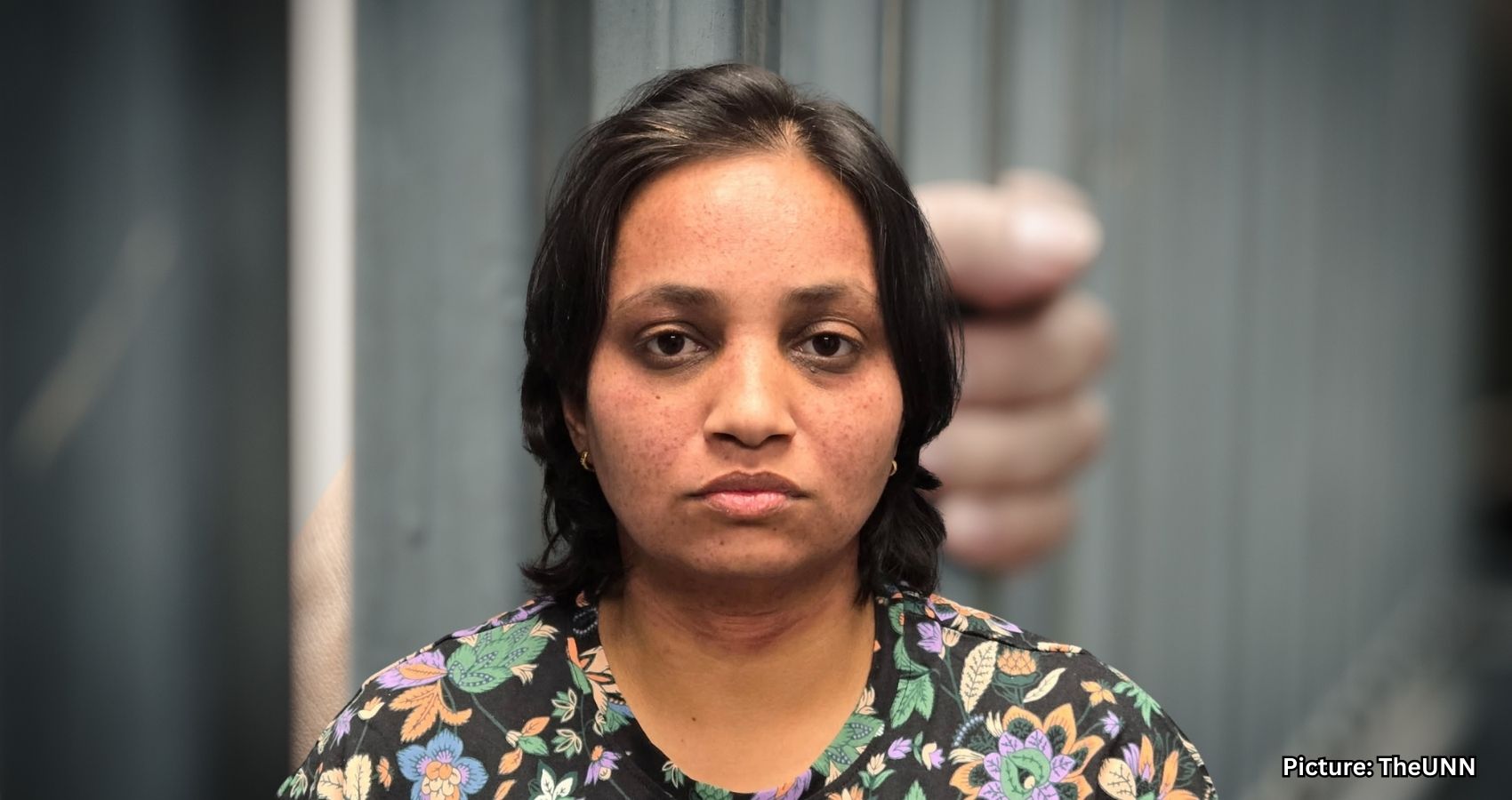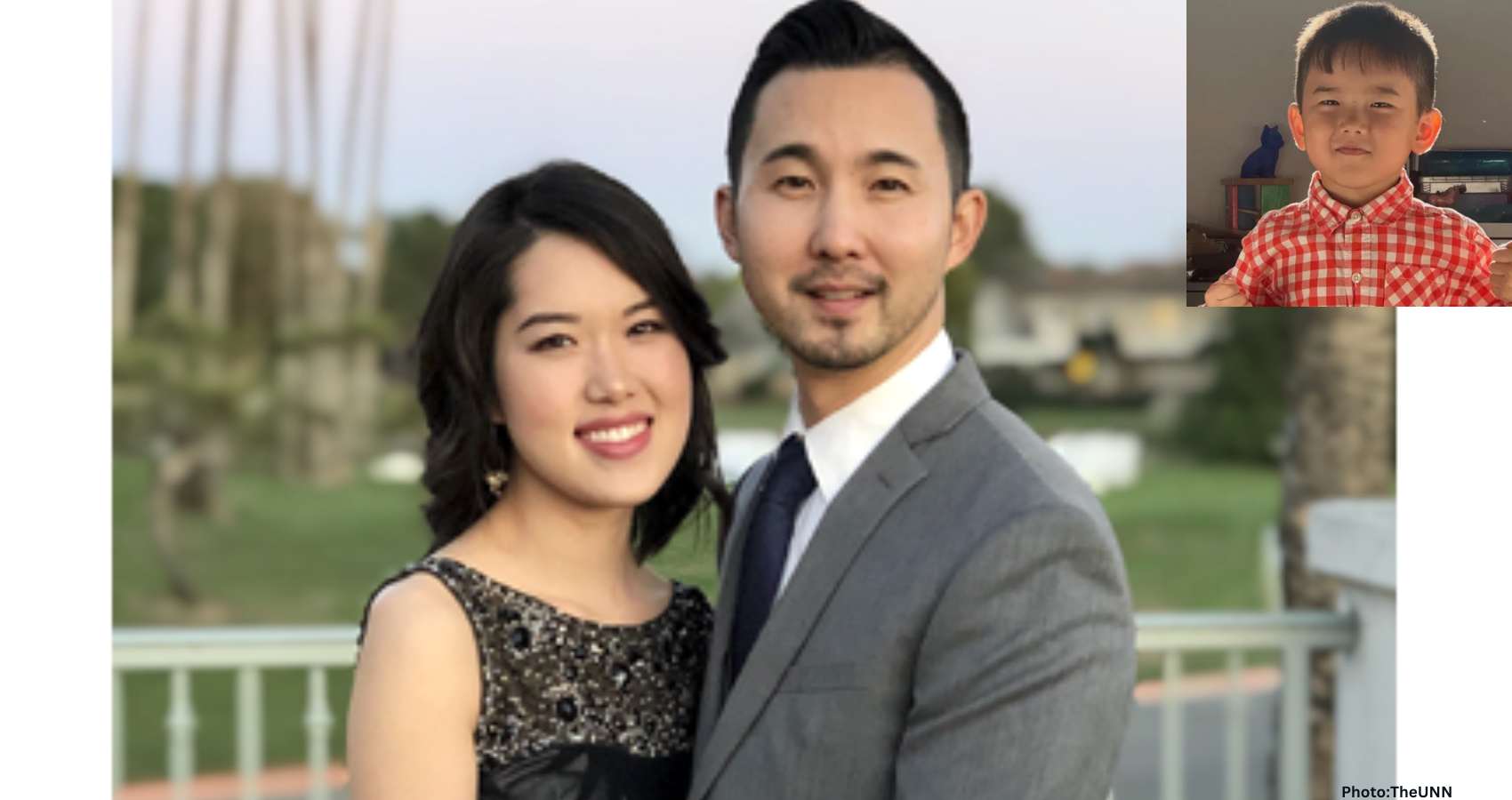Dr. V K Raju calls for our immediate and sustainable action, giving hope for tomorrow, a world without childhood blindness
“Childhood blindness is a tragedy, but we can prevent it. Today, we make a new beginning in our concerted efforts to prevent and eradicate childhood blindness with the resources and the modern technology that are available today,” said Dr. Vadrevu K. Raju, a world-renowned ophthalmologist, philanthropist, and the founder of the Eye Foundation of America (EFA) said here during a Scientific Convention and Fund Raiser being organized at the India Habitat Centre in New Delhi on January 31, 2025.
“Over 1.4 million children are found to be blind, and millions more suffer from visual impairments that can be treated and prevented if done in a timely manner. This is not merely a medical issue. It’s a humanitarian crisis that demands our immediate and sustained action, and that is why we are all here today, in our efforts to giving hope for tomorrow, a world without childhood blindness,” DR. Raju added.
Dr. Leela Raju, an Organizing Chair of the event, delivered the welcome address. The chief guest at the event was Dr Radhika Tandon, Chairperson of RP Cender, who delivered the keynote address. Richa Jain Kallra, a TV News Anchor & Host eloquently emceed the event.
In her welcome address, Dr. Leela Raju stressed the importance of ensuring that more people know about the causes and the means to reduce childhood blindness and eradicate it. Dr. Leela Raju stated that the discussions today would focus on “not just glaucoma, but cornea and pediatric ophthalmology. And of course, regarding retinopathy and prematurity, which is our real push in both Delhi and around India to reduce the burden of childhood blindness.”
Dr. Radhika Tandon, a global thought leader, who continues to inspire innovation and excellence in ophthalmology, shaping the future of visual care with her dedication and brilliance, in her keynote address, said, “A very, very big word of appreciation for the eye Foundation of America, as well as the Gautami Eye Institute, for taking this initiative, of getting people together on this platform, and also for envisioning a world, where two countries across great continents and opposite sides of the globe can work together, to make a difference.”
She drew parallels between the clinical practices in the American clinical space, and in India, “where we have cutting edge technology and excellent surgical skills and a huge volume of patients, the combination of the thought processes and the energy that we have together can make a huge difference.”
Dr. Tandon, while referring to the noble mission and the new initiatives by the Eye Foundation, starting today, said, “We hope, soon we will be able to have a very wonderful celebration with some very tangible goals, along with the broader goals. In the end, we want to see how much did we achieve. So, keep some small baby step goals as well. So you can say yes, we achieved this.”
Dr. Thomas Johnson, a Specialist in Neuroscience at the Johns Hopkins Wilmer Eye Institute, said, “It’s “It’s my first time to India, and it’s been a while that I’ve been wanting to come here and engage more with the ophthalmology community of India. I think in many ways, what you have done here in your country is a real beacon for advancing eye care that is applicable all over the world. I know the work that you have done with vision camps and screening for preventable blindness and finding innovative ways to deliver care to people that don’t always have the resources to seek out themselves, is really inspiring and something that every country about the world should take note of and try to.”
Dr. Charles Cole, a dedicated educator, who is leading surgical training at the American Academy of Ophthalmology, who flew in to Delhi especially for today’s event, said, “Well, first and foremost, I wanted to thank the planning committee for this wonderful invitation to come and speak. It’s a great honor to be able to speak to such esteemed colleagues. And my first trip to India. So I’m very excited. I’m hoping this will be just the beginning. And I’m looking forward to sharing my thoughts on microdata platforms.”
Dr Karan Bhatia, Vice President of Young Ophthalmologist Society of India (YOSI) delivered an address, introducing YOSI to the audience. The team, Young Ophthalmologist Society of India (YOSI) consists of Doctors Diva Kant Misra, President; Sonal Kalia, IPP; Digvijay Singh, past President: Karan Bhatia, Vice President; Dr Nilesh Kumar, Secretary; Aditya Sethi, Treasurer; and, Prasanna Ramesh, Joint Secretary.

A day long workshop on Empowering Vision Global Advances In Eye Care was organized jointly by the Young Ophthalmologist Society of India, Gautami Eye Institute, Eye Foundation of America, and The Rotary RI 3011, and was attended by Faculty from prestigious Eye Hospitals and Educational Institutes from around the nation. The event was inaugurated by the esteemed guests by lighting of the traditional lamp.
The scientific session in the morning focused on glaucoma care, navigating challenges and embracing innovations, which was chaired by Dr. Charles Cole and Dr. Thomas B Johnson, who have come from the United States to be part of this event. And the panelists were Dr. J S Bhalla, Dr. Vineet Sehgal, Dr. Devi Tuli, and Dr. Shika Gupta. The highly informative session was moderated by Dr. Mainak Bhattacharya. The topics discussed were on key challenges in Glaucoma Management in Indian scenario by Dr Kirti Singh, while Dr. Thomas Johnson spoke about Advances in Glaucoma Diagnostics, and Dr. Charles Cole addressed the audience on Minimally Invasive Glaucoma Therapies.
The session on ROP Insights: A Multi-Dimensional Approach to Screening, Treatment and Prevention was chaired by Dr. V. K. Raju and Dr Parijal Chandra, Panelists were Dr. Sanjay Mishra, Dr Priyank Garg, Dr. Aparna Gupta, and Dr Rekha Adlakha. The session was moderated by Dr. Vaibhav Sethi. Dr Harshal Sahare led an insightful session on ROP Screening and Diagnostics. Treatment Options for ROP was the topic discussed by Dr. Priyank Garg; and, ROP Prevention Strategies was the topic discussed by Dr Ritu Singh.
An insightful session on Corneal Health in India was chaired by Dr. Radhika Tandon, Dr. Namrata Sharma and Dr V K Raju. And the panelists were Dr. Uma Sridhar, Dr Alka Gupta, and Dr. Anu Malik. The session was moderated by Dr. Karan Bhatia. Dr Prafulla Maharana presented his talk on Vernal Keratoconjunctivitis: An Overview in the Indian Context. Dr Gunjan, Budhiraja spoke about Corneal Injuries and Infections in Children – Key Challenges in Treatment and Prevention. Dr. Rajesh Sinha spoke about The State of Corneal Transplantation in India, and the key Challenges.
The post lunch session was on YOSI Sightliness – Recent Innovations, Future Directions and Interesting Cases in Ophthalmology. Dr Lalit Verma, Dr Thomas Johnson and Dr Charles Cole were the chairpersons for the session. Dr. Leela Raju, Dr Sarita Agarwal and Dr. Sahil Agarwal were the panelists, and the sessions were moderated by Dr. Karan Bhatia and Dr Aditya Sethi.
Dr Prasanth Gireesh presented An Overview of Virtual Reality, AI, 3D Printing and Mobile Solutions for. A New Era of Screening and Diagnostics. Dr. Aditi Gosh spoke about Stem Cell Therapy In Eye Care. Dr. Navjot Kaur presented a case study on Epithelial Ingrowth Post SMILE. Another case study was presented on MMC Toxicity, Post Bleb Kneading With Remarkable Recovery was presented by Dr Mehak Gupta.
A case study on Minimally Invasive Needle Drainage For Serous Choroidal Effusion In Retinal Detachment was presented by Dr Aman Khanna. The final case study on Onlooking Closely was presented by Dr Tanya Jain.
The final session on Comprehensive Perspectives In Pediatrics Ophthalmology was chaired by Dr Rohit Saxena, Dr Suma Ganesh, and the panelists were Dr. Sumit Monga, Dr. Adiya Sethi, Dr.. Nupur Goel, and Dr. Arshi Singh were panelists, while Dr/ Digvijay Singh moderated the session.
Dr. V K Raju says, “Together, Let Us Illuminate Young Lives and Create A World Without Childhood Blindness. Your Support Can: Change Lives, Restore Vision, And Empower Futures. Now, Let’s All Join the Movement; Be Part of Something Extraordinary.” For more information, please contact: info@eyefoundationofamerica.org









 Dr. Kathula along with Dr. Hetal Gor, a member of the AAPI Board of Trustees, briefed the media on AAPI’s ongoing activities in the United States and India, and highlighted the upcoming Global Health Summit in New Delhi, scheduled for October 19th to 20th. This summit aims to bring together healthcare professionals, policymakers, and industry leaders to address the prevention of cancer and heart attacks in the Indian population with lifestyle modification and technology.
Dr. Kathula along with Dr. Hetal Gor, a member of the AAPI Board of Trustees, briefed the media on AAPI’s ongoing activities in the United States and India, and highlighted the upcoming Global Health Summit in New Delhi, scheduled for October 19th to 20th. This summit aims to bring together healthcare professionals, policymakers, and industry leaders to address the prevention of cancer and heart attacks in the Indian population with lifestyle modification and technology. Earlier during the day, AAPI organized AAPI Leadership Retreat at the Indian Consulate in New York City and was graced by the presence of Hon. Consul General Binay Pradhan. The panel included several distinguished figures from various fields, including Dr. Sanjeev Kaul, Chief of Trauma; Sudeep Kapur, a magistrate; Manee Kamboji, owner of a highly successful IT company; Natalie McKenzie, a health and fitness coach and podcaster; Jyoti Soni, a catering and wedding planner with over three decades of experience in the culinary industry; and Dr. Satheesh Kathula, President of AAPI. The session was expertly moderated by Dr. Hetal Gor.
Earlier during the day, AAPI organized AAPI Leadership Retreat at the Indian Consulate in New York City and was graced by the presence of Hon. Consul General Binay Pradhan. The panel included several distinguished figures from various fields, including Dr. Sanjeev Kaul, Chief of Trauma; Sudeep Kapur, a magistrate; Manee Kamboji, owner of a highly successful IT company; Natalie McKenzie, a health and fitness coach and podcaster; Jyoti Soni, a catering and wedding planner with over three decades of experience in the culinary industry; and Dr. Satheesh Kathula, President of AAPI. The session was expertly moderated by Dr. Hetal Gor.